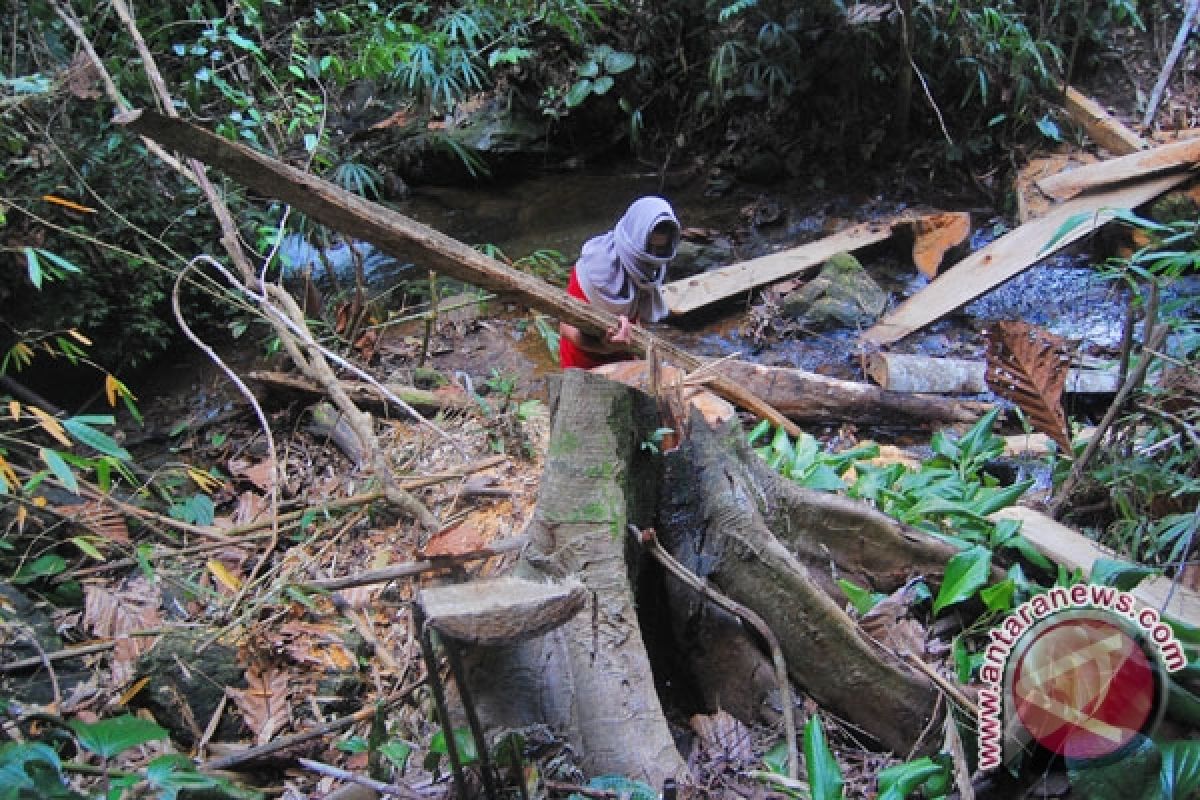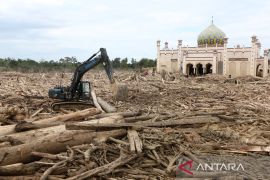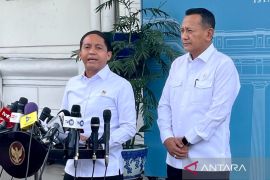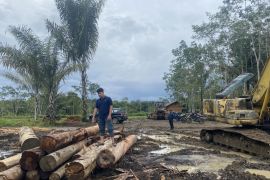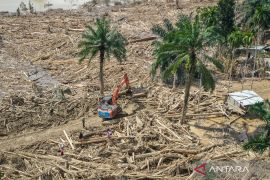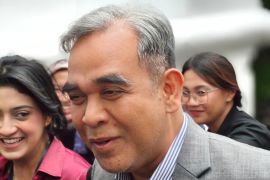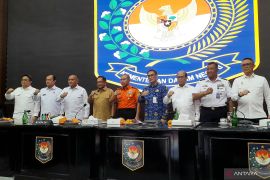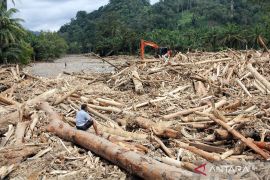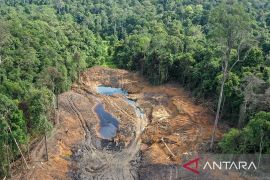Initiated by the Center for International Forestry Research (CIFOR), the conference will bring together around 1,000 forestry experts across the country to discuss the matters related to the way how to maintain rain tropical forests.
CIFOR spokesman Budhy Kristanty said in Bogor on Thursday that illegal logging has a huge impact on the loss of tropical forests that account for the vast majority of deforestation in Indonesia.
According to Budhy, Indonesia suffers a loss of Rp36 trillion from massive illegal logging in the country every year.
"Massive illegal logging activity has caused Indonesia to suffer losses totaling around four billion US dollars," Budhy Kristanty said, adding that most of the logs had been smuggled out to other countries.
He said that with the rupiah`s exchange rate at Rp9,000 per one American dollar, US$4 billion was equivalent to Rp36 trillion.
Indonesia`s forests cover approximately 463,300 square miles, slightly smaller than the forests of Brazil and the Democratic Republic of Congo.
But the forests are being lost at significant rates, which results in Indonesia`s global warming pollution ranked as 5th largest in the world.
"Globally, deforestation is currently contributing around 20 percent of greenhouse gas emissions, and the percentage in Indonesia can reach more than 60 percent, making it one of the world`s biggest greenhouse gas emitters," Budhy said.
Therefore Budhy added that the Center for International Forestry Research has invited President Susilo Bambang Yudhoyono to open the conference and deliver his keynote address on "Indonesian forests : future alternative to meet demand for food, wood, energy and Redd+".
During the conference the head of state will be accompanied by Norwegian Minister of Environment and International Development Erik Solheim, the Work Bank`s special envoy for climate change Andrew Steer, and British Minister of Environment, Food and Rural Affairs Jim Paice.
The plan to hold the conference was based on the fact that Indonesia was the world`s third largest home to rain tropical forests, he said.
Budhy said Norway has made a commitment to donating US$1 billion to support Indonesia to reach the target, and it was then followed up by the Indonesian government by issuing a two-year moratorium on concessions from the forest sector starting in May 2011.
Last year Norway pledged a billion dollars to help Indonesia reduce its deforestation rate and this year Indonesia and the European Union inked the Voluntary Partnership Agreement on Forest Law Enforcement Governance and Trade (FLEGT-VPA) to establish a certification system to reduce illegal logging.
The United States has the Lacey Act, which imposes stiff fines on companies found to be importing timber harvested illegally.
According to Budhy, forestry sector has an enormous economic potential for Indonesia by annually contributing an income of up to US$8 billion which was equivalent to Rp72 trillion.
"Forestry sector is directly absorbing manpower of around 1.5 million people," Budhy Kristany said.
To maintain the continuity of forest conservation in Indonesia, Budhy said CIFOR has encouraged that the local people be economically empowered and involved in forest monitoring.
As part of Copenhagen Accord, Budhy said President Susilo Bambang Yudhoyono in 2009 declared that Indonesia was committed to cutting its global warming pollution by 26 percent by 2020 from business-as-usual levels, and 41 percent from international assistance.
Then in his remarks to observe the World Environment Day at the State Palace in July 2011, President Yudhoyono said that protecting the environment was important not only for Indonesia but also for the world.
"Protecting the forests, or protecting the lungs of the world, is not only crucial for Indonesia`s survival but also for the survival of the planet. To this end, the international community cannot remain idle," the president said at the time.
The head of state also highlighted six points of his government`s strategy in protecting the forest, namely: Protecting the sustainability of the primary forests, Eradicating illegal logging activities, Preventing the destruction and mismanagement of peat-lands, Promoting reforestation, Preventing and overcoming forest fires, and Embarking on a national movement to plant and nurture one billion trees every year.
But specifically, the President highlighted greater international cooperation in REDD Plus and also announced a presidential Decree to suspend new concession permits and to improve good governance on primary forest and peat-land in Indonesia.
The President elaborated that the current environmental situation was a lot due to the policies of countries in the past during the industrial revolution where economic growth was pursued at the cost of the environment.
"Such policies although useful in the past to build nations are no longer applicable today. This was particularly true given the fact that the world in 30 years will need 70 percent more food and 60 percent more energy to maintain the current way of life," he said.
According to the president, the future would be very grim unless drastic changes were made immediately.
Therefore the head of state also called on timber-consuming countries to join the fight against illegal logging in Indonesia.
(T.O001/H-YH)
Reporter: by Otniel Tamindael
Editor: Priyambodo RH
Copyright © ANTARA 2011
